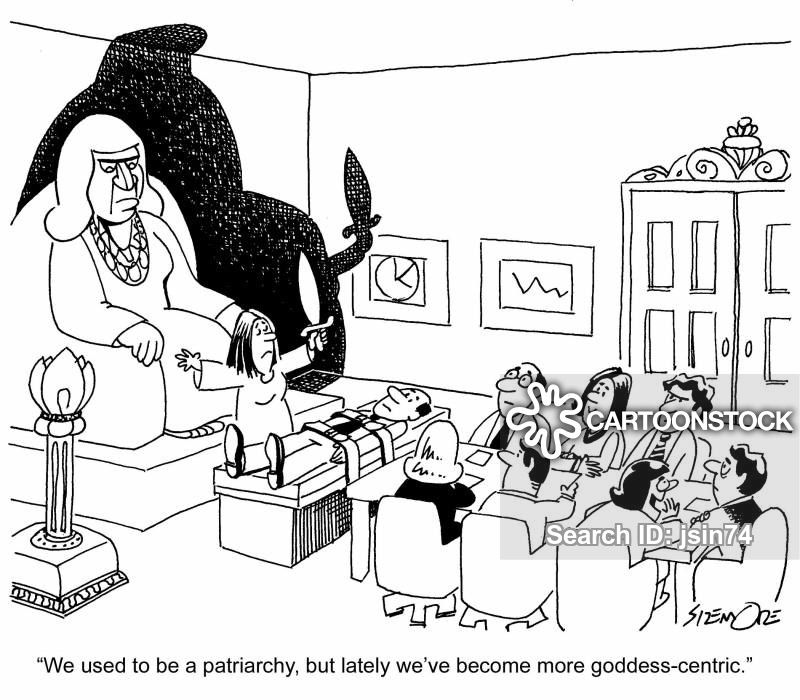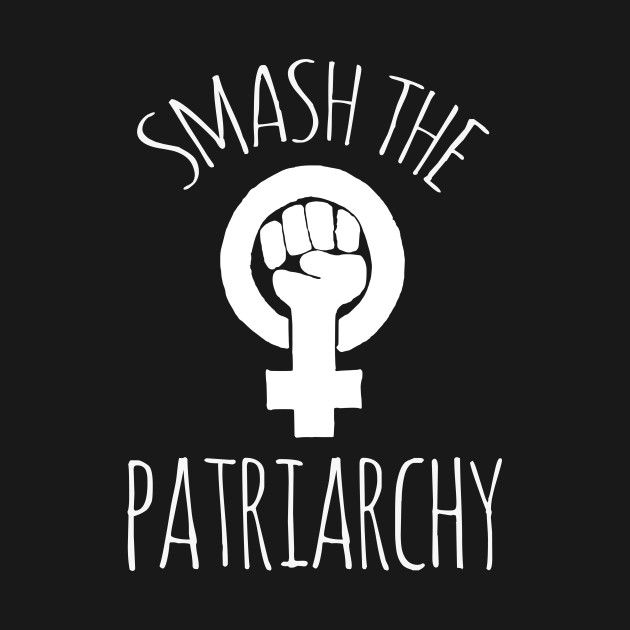Patriarchy
May 20, 2019 • 39 views
Patriarchy is a social system in which men hold primary power and predominate in roles of political leadership, moral authority, social privilege and control of property. Some patriarchal societies are also patrilineal, meaning that property and title are inherited by the male lineage.

Patriarchy is a social structural phenomenon in which males have the privilege of dominance over females, both visibly and subliminally. This phenomenon is manifested in the values, attitudes, customs, expectations, and institutions of the society, and it is maintained through the process of socialization. Some societies are more patriarchal than others, but virtually all are characterized by the phenomenon in one form or another. Patriarchy is a function of male physical, social, economic, and political power. Females and children, along with any individuals with a nontraditional gender identity, suffer from subordination to men.

The termpatriarchycomes from the Latinpater(father) andarch(rule). Historically,“rule of the father”was the more appropriate definition of patriarchy. Valentine Moghadam has written that under classic patriarchy,“the senior man has authority over everyone else in the family, including younger men, and women are subject to distinct forms of control and subordination”(2004, p. 141). Furthermore, property, residence, and descent all proceed exclusively through the male line. Today, however, this definition may be considered an overly simplistic description because the phenomenon has evolved substantially over time.

